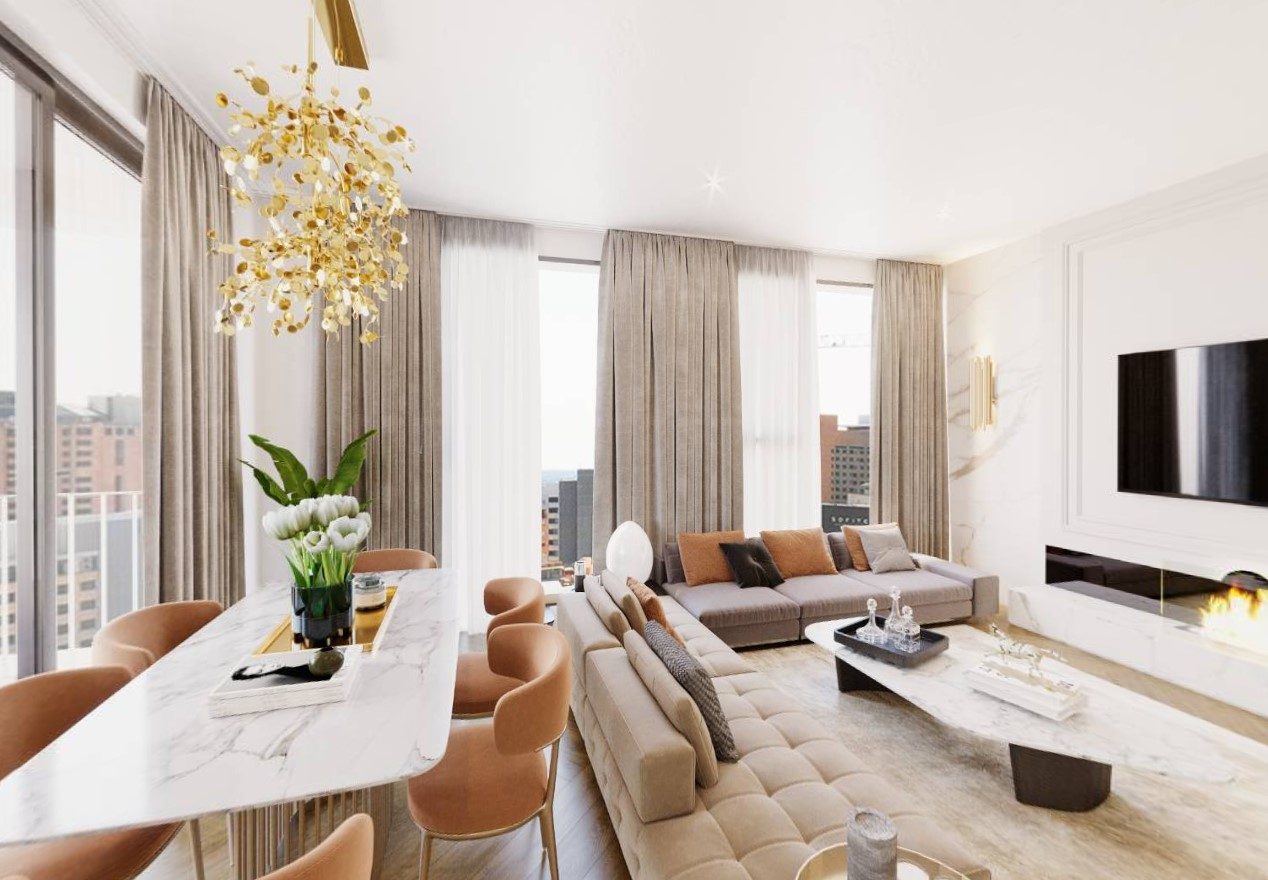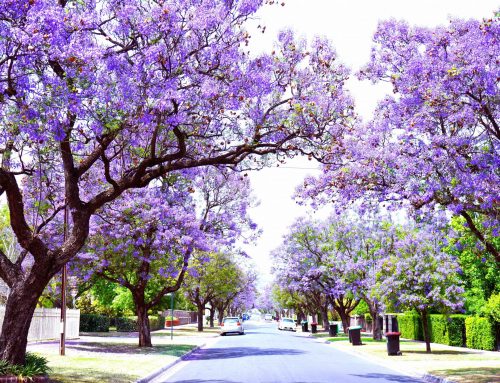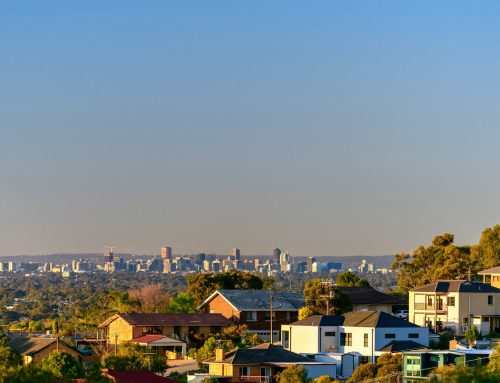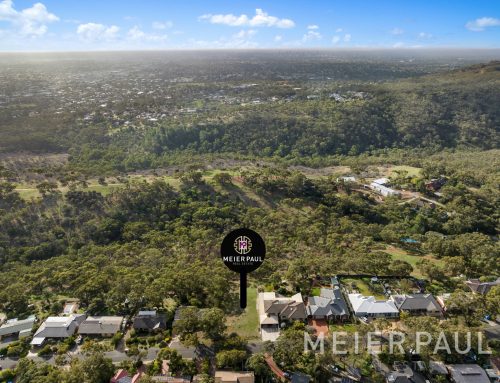Future Urban designs in Australia
Have you tried to imagine what the Australian major cities could look like in future.
Well this could come to fruition much sooner than we thought. Urban planners & NSW Government Greater Sydney commission are about to be presented with a stunning vision of a city with a major agricultural hub. The so called agri-precinct is founded on sustainable principles which grows its own food, recycles water, generates renewable electricity, creates new jobs and also has lots of spaces for cycling, walking and sport.
COVID-19 highlighted the importance of sustainability, food security and a community that can work and play in the one location.
GHD Woodhead’s director of agriculture Michael White, specialising in the agricultural supply chain, believes this back-to-the-future approach is essential moving forward. He says many other countries, such as Singapore, are now looking at ramping up their local food production, in high tech urban settings. “As well as producing food, a nice add-on is the jobs such an agri-precinct will create for a city,” Mr White said. “Then the overflow of fresh food, capitalising on Brand Australia’s reputation for clean, green produce, can boost experts via the new airport being so close.
According to Lee Allen (director of urban design & landscape architecture at GHDWoodhead), there’s now a growing awareness of the environmental impact of urban development. Agri-precinct showcases sustainability, with attractive homes in a community powered by solar and wind energy, and innovation hubs to conduct research and development to develop agricultural knowledge and advances for the future.
Mr Allen has worked for 10 years in the Middle East drawing up similar schemes – but on a much bigger scale – for Dubai, Abu Dhabi, Qatar and Oman. He says Australians are ready to embrace permanent changes in the way they live.
“You can see it already in the transition to working remotely,” he said. “People are now looking for more flexibility of work into the future and want better access to healthier lifestyles.”
“Establishing and investing in an agricultural economy would be productive, profitable, create jobs and attract people to live nearby, making people more productive, healthier and able to live in spaces better for mental health.”
In major cities like Sydney, Melbourne and Brisbane, urban agriculture is something that’s being increasingly considered, Mr White says, but its introduction is often hampered by land use, planning and environmental issues.
This is all possible with a coordinated response to make the incorporation of some of the principles feasible.







